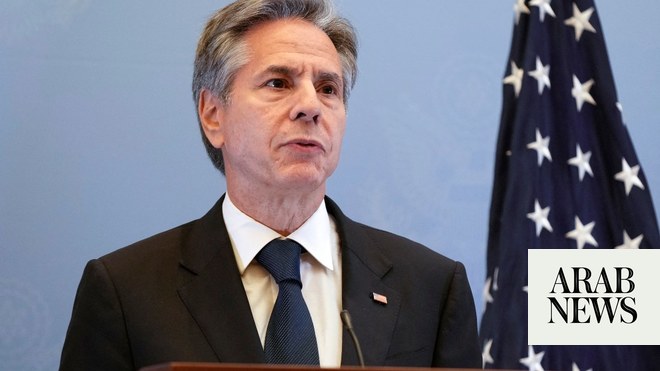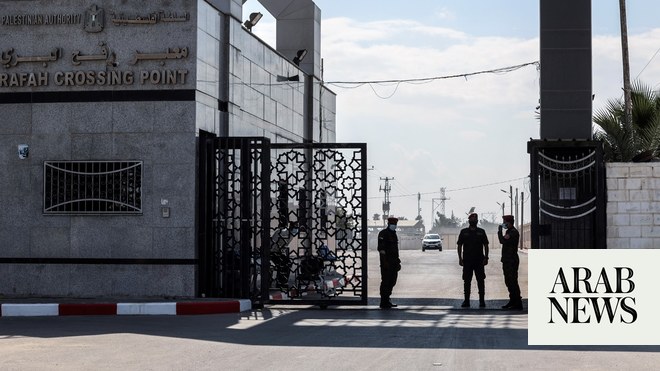
(Reuters) - A crackdown by security forces in Myanmar in which at least 18 anti-coup demonstrators were killed has brought renewed calls for tougher international sanctions on the ruling junta.
Western outrage over the Feb. 1 coup and the killing of protesters has reignited a debate on the effectiveness of sanctions, less than a decade after liberalisation prompted most countries to start removing them.
WHICH SANCTIONS HAVE BEEN APPLIED?
Western countries, including the United States, Britain, Canada and the European Union, have implemented or are considering targeted sanctions to squeeze the military and its business allies.
Such “smart” sanctions focus on junta leaders and businesses owned by or tied to the military and make it illegal for individuals, companies or banks to engage with them - the goal being to pressure the army to reverse its coup and free detainees including elected leader Aung San Suu Kyi.
Measures have also included stopping financial assistance to the Myanmar government, or redirecting it to civil society.
ARE THEY EFFECTIVE?
The targeted sanctions are largely symbolic, as the military and its firms have limited exposure to the West. Some generals including junta leader General Min Aung Hlaing, are already the subject of sanctions over the persecution of Rohingya Muslims.
The sanctions so far announced have less impact than those imposed in the 1990s, but critics say those failed to sway the junta, deprived people of aid and jobs and set Myanmar back decades in its development. They also said isolation only helped enrich the military and its cronies.
Sanctions announced so far aim to have less impact on ordinary people, though private companies concerned about reputations or political risk could also reduce dealings with Myanmar, the International Crisis Group said in a report.
WHAT OTHER MEASURES ARE AVAILABLE?
United Nations Special Rapporteur on human rights in Myanmar Tom Andrews said countries with sanctions should impose more measures and coordinate approaches internationally.
He also proposed convening the U.N. Security Council to consider invoking chapter 7 authority under the U.N. Charter, which would give it authority to enforce decisions with economic sanctions or force.
Referral to the International Criminal Court was another option, he said, as was a global arms embargo to prevent the military accessing weapons to use against its own people.
Among other ideas floated has been to pay energy revenues to an offshore escrow account to which the military government would have limited access.
WILL RUSSIA AND CHINA COME ON BOARD?
Any coordinated international action would need some support from Security Council permanent members China and Russia. Both sell arms to Myanmar and have benefited from Western arms embargoes.
China typically is not fond of multilateral action against individual countries and experts say it is unlikely to back sanctions. Like its neighbours in Southeast Asia, China has not been critical of the junta in its response to the crisis.
Myanmar’s engagement and ability to trade with its neighbours was one of the main reasons why Western sanctions were deemed a failure. The effectiveness of new Western embargoes might depend on the diplomatic role of Asian countries.
DOES THE MYANMAR PUBLIC SUPPORT SANCTIONS?
For many in Myanmar, sanctions evoke memories of a dark era of inept military rule, weak infrastructure, constant blackouts and shortages of goods and jobs before liberalisation that brought major gains with support from many Western countries.
However, some among the anti-coup movement see sanctions - or even military intervention - as measures to stop the army killing more people and entrenching its hold for decades to come.












